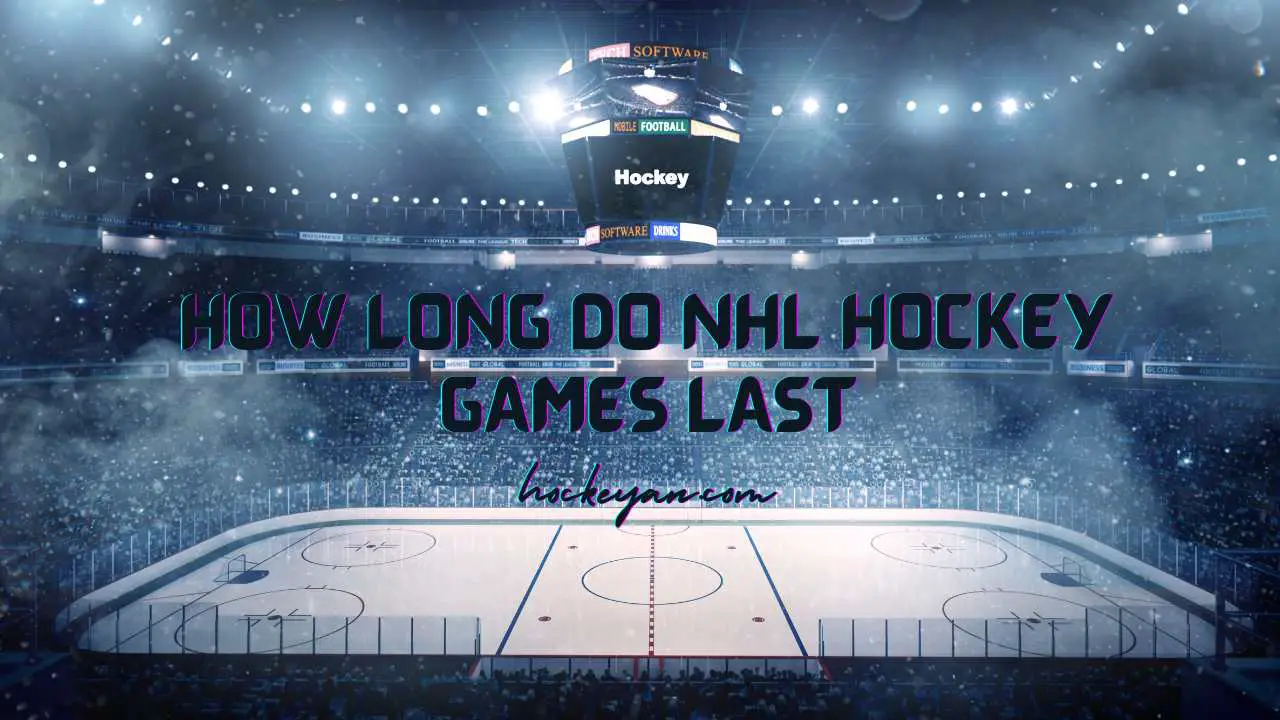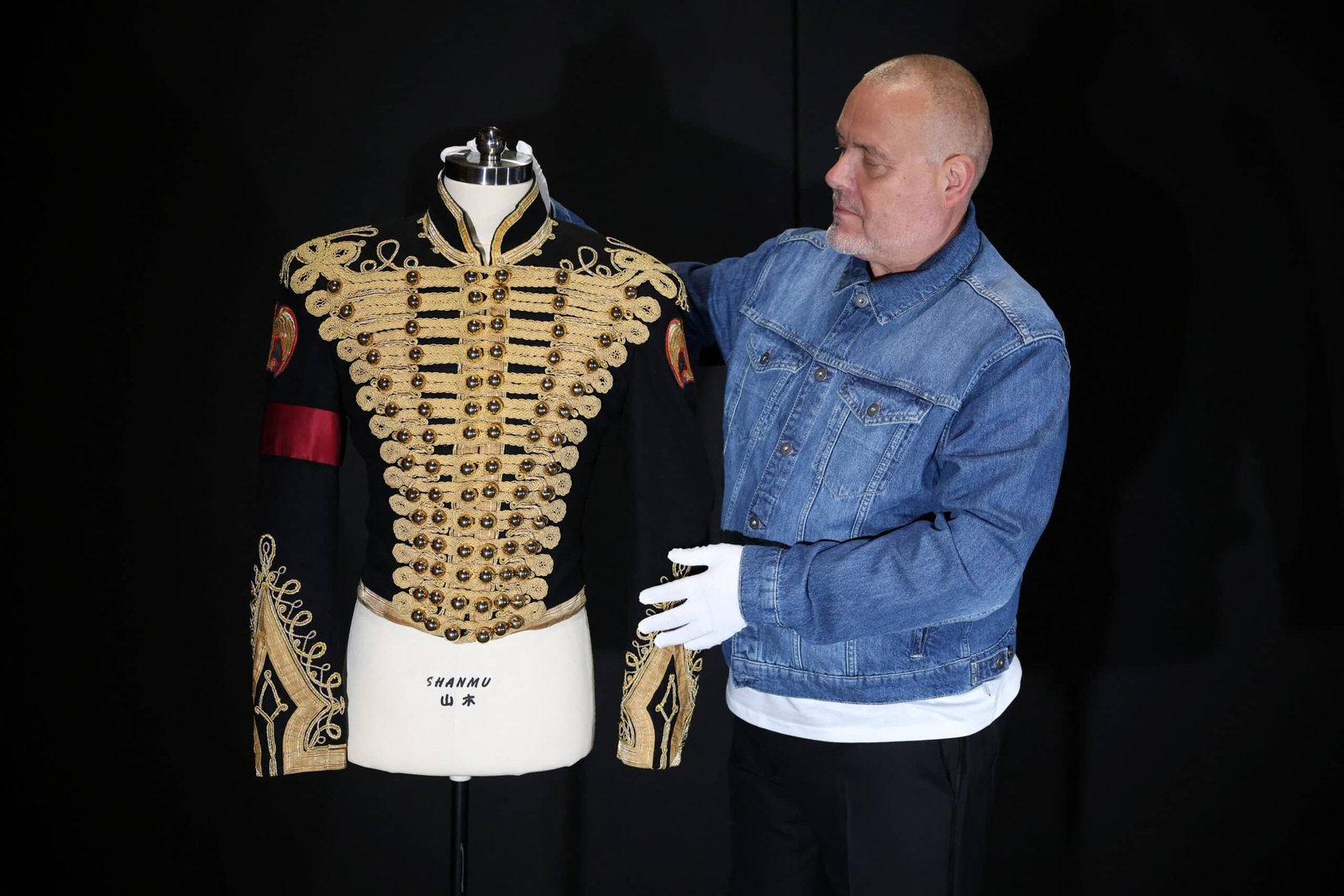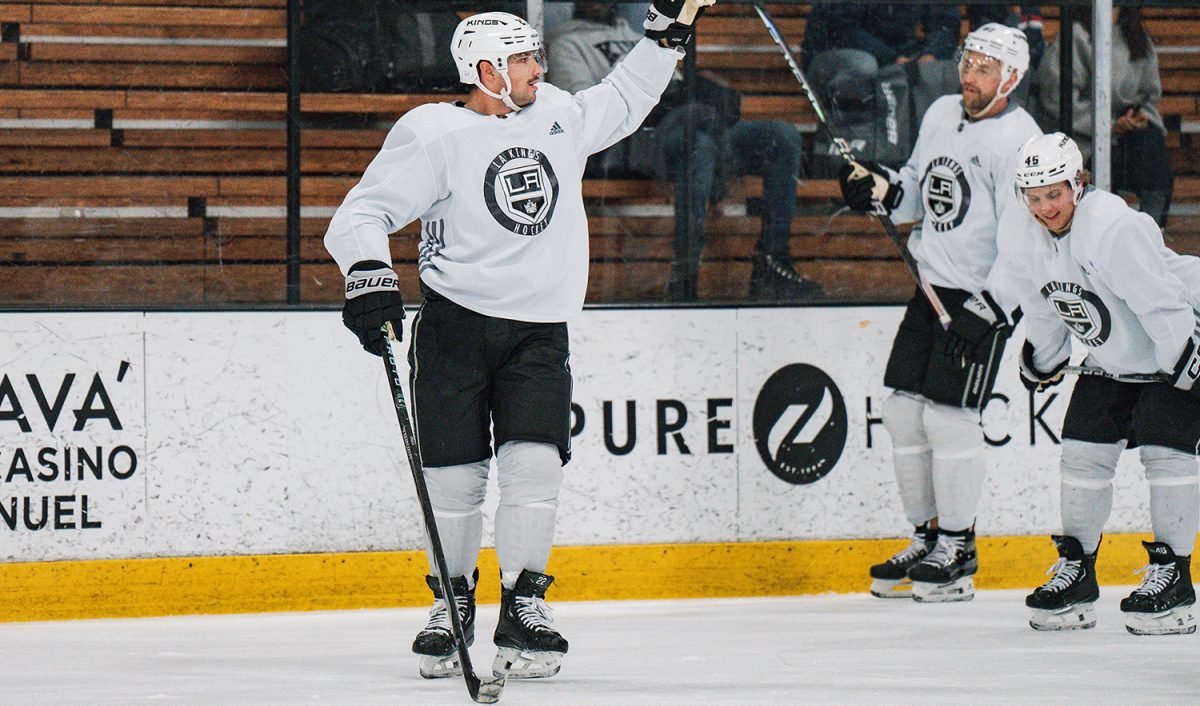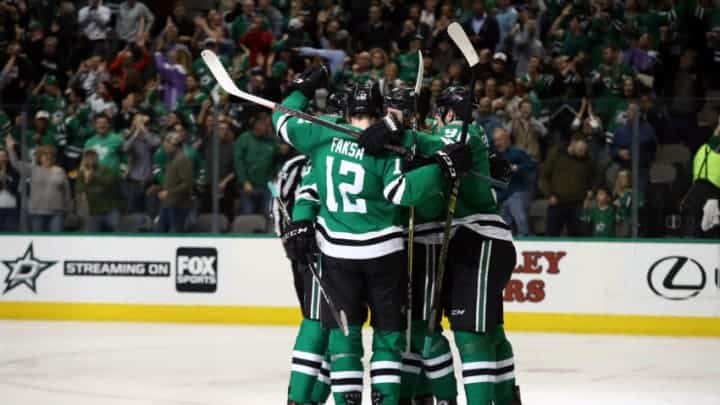Explore how long do nhl hockey games last. Gain valuable knowledge about the average length of these exciting matches. Visit us today!
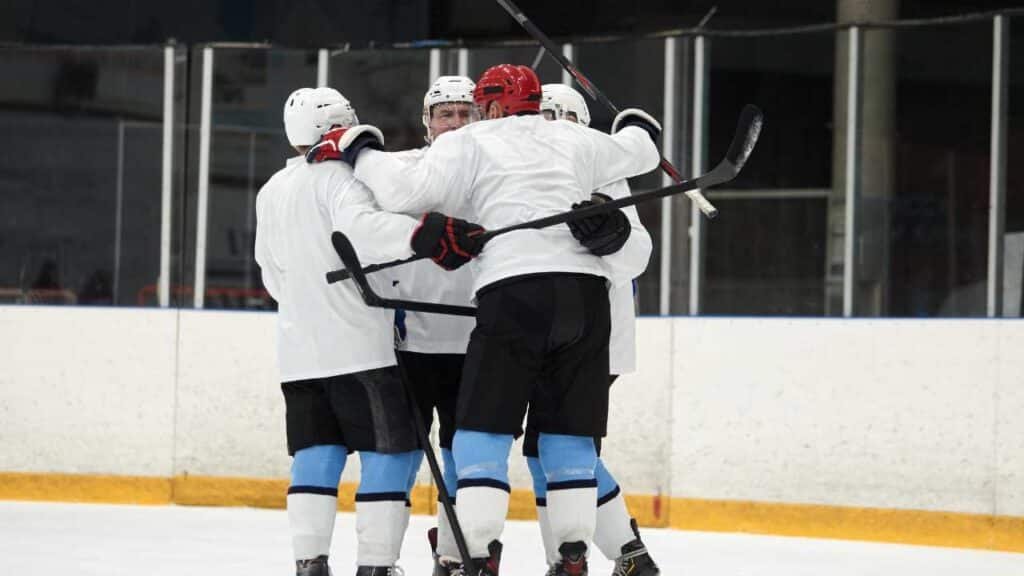
How Long Do NHL Hockey Games Last? thoroughly engrossed in the exhilarating action of an NHL (National Hockey League) game, and suddenly wondered, “Just how long does an NHL hockey game typically last?” Well, you’re not alone! Many fans, especially those new to the thrilling world of the NHL, frequently ask this question. Understanding the timing of these games not only helps plan your viewing schedule but also provides a deeper appreciation of the ebb and flow of the sport.
Before we dive into the details, it’s important to note that the actual length of an NHL hockey game can vary significantly depending on a variety of factors – including stoppages for penalties, injuries, reviews, commercial breaks, and potential overtime. However, on average, expect to put aside about two and a half to three hours if you’re planning to watch an NHL hockey game in its entirety.
Let’s break down the individual segments of an NHL game to give you a clearer understanding of what makes up this time frame.
How Long Do NHL Hockey Games Last
Dig a little deeper into the timing aspects. Officially, an NHL game is divided into three 20-minute periods of active play. That’s a total of 60 minutes if you’re crunching numbers. However, you may be in the stadium or glued to your TV for a bit longer than one hour.
The game clock may stop frequently due to several reasons, such as penalties which result in power plays, goals being scored, or when the puck is out of play. These breaks can add some significant time to each period. As a result, an NHL period can last from 35 to 45 minutes in reality, even though the actual playtime is just 20 minutes. No wonder an NHL game can feel like it stretches for ages, especially if it’s a nail-biting showdown!
Here’s another piece of the puzzle – the intermissions. After each buzzer-beating period, the players take a break and recoup their energy. Hockey is definitely a high-intensity sport, and these breaks are much deserved! A typical intermission in an NHL game lasts for around 17 to 18 minutes. So, if you account for two intermissions, that’s about 35 minutes added to the total duration.
But what happens when the game is tied at the end of the regular three periods? Well, the drama intensifies with extra time, known as overtime or even a shootout. These thrilling extensions can further increase the duration of the game. The unexpected can always happen in hockey, and that’s probably one of the reasons why we love this game so much!
Considering these factors, you will discover that an NHL game typically lasts around 2.5 to 3 hours. These numbers can vary slightly based on the flow of any particular game, but this is a good benchmark to keep in mind. Remember though, every minute is filled with unparallel excitement and action – the essence of NHL hockey!
How does overtime impact the length of an NHL hockey game?
Ever wonder about the dramatic finish to hockey games? They’re called overtime periods. In the regular NHL season, an overtime period is just 5 minutes long and features fewer players on the ice; typically, it is played three-on-three, excluding goaltenders, for a more open and action-packed game.
This might seem like a small addition to the overall game length, but when a game ends in a tie after the regulated three periods, every extra minute of edge-of-the-seat hockey can extend the excitement. Additionally, overtime can come in a sudden-death format during the playoffs.
This means any team that scores first will instantly end the game, regardless of how long it takes to get that winning goal. Now, picture this: the longest game in NHL history lasted a whopping 176 minutes and 30 seconds of overtime, nearly tripling the average duration of a typical NHL matchup. That’s the incredible unpredictability and thrill of hockey for you!
During the heart-racing playoff games, matches can spill into multiple 20-minute overtime periods if the score remains tied. Can you imagine? An already adrenaline-fueled game extending potentially into the equivalent of more than 3.5 average length games. In fact, the longest ever NHL game stretched to an jaw-dropping 217 minutes, sounding unbelievable but true.
How do shootouts affect the duration of an NHL hockey game?
When there’s still a draw after the five-minute, three-on-three overtime, the game transitions into a thrilling shootout. While the whole situation amps up the intensity and excitement factor of the game, it also adds to the game’s overall duration. A shootout in an NHL game consists of a minimum of three rounds, with each round having the opportunity for both teams to take a penalty shot. If there’s still a draw at the end of these three rounds, the shootout continues with a sudden-death format until one team scores and the other doesn’t.
Generally, a shootout would add approximately 5 to 10 minutes to the game duration. However, this could extend if the shootout ends up in several sudden-death rounds, which is what the hockey aficionados live for. The uncertainty and tension brimming in these climactic moments indeed enrich the viewers’ experience, at the cost of a little more time.
Guess what, though? The longest shootout in NHL history was between the Washington Capitals and Florida Panthers in 2014, spanning an entire 20 rounds before the Panthers finally emerged victorious. This unusual instance added around 18 extra minutes to the game’s length. Although it’s not common for a shootout to extend that long, it exemplifies how varying circumstances can substantially influence an NHL game’s total duration.
What is the longest NHL game ever played?
Ready to be astounded? The marathon match between the Detroit Red Wings and the Montreal Maroons in 1936 remains the longest game in NHL history. This playoff encounter played out over 176 minutes and 30 seconds of nail-biting overtime, stretching out the suspense and keeping fans on the edge of their seats for the equivalent of almost three back-to-back games!
These historic overtime battles bring the unique intensity of playoff hockey to the fore. A playoff game switches to sudden-death mode as soon as teams tie at the end of regulation. From that point onwards, the game doesn’t stop until one team scores. Yes, you read that right! The match will keep going until one team eventually manages to sneak the puck into the opponent’s net. What a thrill!
And it wasn’t the only time players have had to endure these overtime marathons. If the score remains level after one overtime period, the game proceeds into another 20-minute overtime period. This cycle can repeat indefinitely until the deadlock is broken. As you can imagine, these overtime periods can significantly stretch game duration. The longest NHL game in this respect endured for a whopping 217 minutes – over 3.5 times the average game length!
As you can see, endurance and patience often become as important as speed and skill in these grueling overtime scenarios. Next time you’re glued to a nail-biter of a hockey match, spare a thought for the intense pressure these athletes are under – the game just might turn into an epic marathon that goes down in NHL history!
What is the shortest NHL game on record?
- The shortest NHL game on record was played between the Boston Bruins and the New York Rangers on December 23, 1921. The game was cut short due to a spectator throwing a bottle onto the ice. As a result, the game was stopped after only 6 minutes and 10 seconds, setting the record for the shortest NHL game.
- Apart from unexpected interruptions, NHL games usually last for a minimum of 60 minutes of game time, not counting breaks and intermissions.
- Despite being the shortest game in terms of time on ice, the Boston Bruins and the New York Rangers were both credited with a game played in the season standings.
- A typical 60-minute NHL game, with intermissions and stops in play, generally takes about 2.5 hours to complete. However, this does not take into account potential overtime or shootout scenarios, which can significantly lengthen the game’s duration.
Keep in mind, however, that a variety of factors can expand the time taken. One major influencer on the duration of a game is the power play. When a team is granted a power play because of a penalty against the opposing team, the pace of the game can slow considerably. This extended time spent in strategic offense and defense can add precious minutes to the clock.
In addition, commercial breaks also play a more prominent role in extending the length of the game. These breaks are typically inserted after stoppages in play, such as after a goal is scored or during a timeout. Hence, commercial breaks can add anywhere from 30 minutes to an hour to the total game length, depending on how intense and engaging the game is perceived to be.
Beyond these aspects, other less often occurring events can also extend the game duration. Things like prolonged injury timeouts, video reviews of goals, and equipment repairs can all contribute to an expanded runtime. As these are unpredictable elements, they are not included in the standard 2.5 to 3 hours estimation for an NHL game length.
So, while you can expect a standard NHL game to last between 2.5 to 3 hours, it’s essential to remain flexible in planning your schedule around it. With the potential for overtime, shootouts, power plays, and unexpected delays, the game of hockey remains an unpredictable joy!
Does the number of periods in a game affect its duration?
Absolutely! The number of periods in a game greatly influences its duration. Typically, an NHL game consists of three 20-minute periods. However, the actual runtime tends to be longer, generally extending to about 35 to 40 minutes per period in real-time. Why, you might ask? We must account for stoppages in playtime due to timeouts, penalties, and interruptions for commercial breaks. Essentially, these add unexpected minutes to each period, further extending the overall duration of the game.
Moreover, there are two intermissions between these periods, designed to give players the much-needed respite and opportunity to strategize. Each intermission lasts for 17 minutes – another significant addition to the game duration.
Now, imagine we have a tie at the end of the third period; the game goes into overtime. These overtime periods are likewise 20 minutes each, and there’s potential for multiple of them, especially during playoffs. And let’s not forget that each new period or overtime brings with it its own intermission. The longest NHL game, for instance, spanned an impressive 217 minutes! That’s over 3.5 times the average length of an NHL game.
So, in conclusion, the number of periods certainly has a significant impact on the duration of an NHL game. Whether you’re a player calculating stamina requirements, or an avid fan planning your time around viewing schedules, understanding this can greatly help you in managing the physical demands and time commitments associated in the sub-zero world of hockey.
Why do some NHL games take longer than others?
You might be wondering why there’s such a wide range when it comes to the duration of NHL games. A myriad of reasons contribute to this variation. Penalties and power plays, for instance, can significantly lengthen the game. In hockey, minor penalties last about 2 minutes, and significant penalties stretch to 5 minutes. Thus, a game dense with penalties potentially extends beyond the average timeframe.
Beyond penalties, the frequency of scoring can also modify the game duration. When more goals are scored, there are more stoppages for celebrations and puck reset, consequently increasing the time frame. In a higher-scoring game, the elapsed time from start to finish can noticeably lengthen.
Moreover, any injuries that occur on the ice have a direct impact on the overall game length. Any time a player is injured, and the game is stopped for them to receive medical attention, this adds to the total duration. Severe injuries requiring more significant interventions similarly mean a more extended stoppage, thereby lengthening the game.
Another key factor is the commercial and media timeouts that are inherent to NHL games. These breaks, designed for broadcasting needs, can add considerable time to the broadcast duration, even though they’re not part of the live-action on the ice.
Lastly, if a regular season game ends in a tie, overtime and potentially a shootout are invoked, which further extends the game’s length. It’s worth noting that in playoff games, multiple 20-minute overtime periods can be played until a winner is decided, leading to some games extending well beyond the average length.
In summary, the duration of an NHL game can be significantly influenced by the frequency and type of stoppages, penalties, the number of overtime periods, and even television broadcasts. When you sit down to watch an NHL game, expect anything from a brisk 2 hours and 20 minutes to a marathon session, depending on how the action unfolds.
The average NHL game lasts about 2 hours and 30 minutes. So, you’re curious about how long these thrilling matches last in real-time? Well, buckle up because there’s more to it than meets the eye. NHL games aren’t just about those heart-stopping moments on the rink; it’s an entire spectacle that includes intermissions and commercial breaks. These extras contribute to the actual game length, extending the experience from roughly 2 hours and 15 minutes to closer to 3 hours.
The game itself is divided into three 20-minute sections called periods. The clock may say 20 minutes, but don’t let that fool you. While it’s 60 minutes of hockey action, an average period can last on the scale of 35 to 45 minutes in reality. “Why so?” you ask. Simply put, penalties, power plays, referee reviews, and injuries can stop the game clock and stretch the period’s length.
Imagine this: game time doesn’t proceed in a continuous flow like the countdown on your oven timer. It’s more akin to the suspension induced by a gripping drama on Netflix, where you’re paused between episodes, eagerly awaiting the story’s resolution. Just replace the ‘next episode’ anticipation with the tension of a power play or an impending shootout, and you’ll appreciate the intricacies of an NHL game length.
Ultimately, while we can’t pinpoint an exact game length down to the minute – blame it on those nerve-wracking power plays and cliffhanger overtimes – we can safely say an NHL game is a 2.5 to 3-hour event filled with exhilarating moments of high-stakes ice hockey. That’s the beauty of it, isn’t it? The unpredictability keeps us glued to our seats, whether at home or in the arena and ensures every game is far from predictable and never just routine.
Frequently Ask Question
Let’s continue with the Frequently Asked Questions (FAQs) you might have about the duration of NHL games.
Do penalties slow down the game?
Pretty much so! Penalties in an NHL game bring about a temporary break in play as the offending player is sent to the penalty box. This certainly adds a few additional minutes to the duration of the game. And keep in mind, there are some games where penalties are frequent!
Does the level of play affect the duration?
Spot on! The higher the proficiency level of the teams playing, the quicker the game can progress. This is mainly due to fewer stoppages. Professional teams like those in the NHL have players with supreme skills, making the play more efficient and, in some cases, quicker.
Does the number of faceoffs impact the duration of the game?
Interestingly enough, they do. Each faceoff involves a stoppage in play, followed by the game’s restart. Therefore, the more faceoffs in a game, the longer that game is likely to be.
Why do some NHL games last longer than the average length?
In addition to the factors we’ve talked about earlier – overtimes, shootouts, penalties, and faceoffs – elements such as player injuries, equipment malfunctions, and occasionally, unruly fans causing disruptions can lengthen the game’s duration.
Final Thought
Uncover How Long Do Nhl Hockey Games Laston our website! Yet, the element of time is crucial to the game’s dynamism – and to your schedule. Be it an intense regular season match, overtimes, or a nail-biting shootout, understanding the typical duration of these games can help you plan better. You’ve learned that several factors influence the length of an NHL match, from the number and type of periods to the number of faceoffs and penalties.
But there’s more to it. Imagine you find yourself watching a playoff game. Suddenly, it’s not just about the stopwatch. The stakes are high, the intensity unparalleled, and yes, these matches can stretch well beyond the usual time frame, thanks to potential sudden death overtimes. And what about those timeouts? A mere 30 seconds each, but oh, how they can influence the pace and final result!
We hope that the insights provided in this article help you enjoy and experience NHL hockey games in a more immersive way. The next time you find yourself in the midst of the ice-cold action, don’t forget, it’s not just about the length of the game, but about every strategic pause, every faceoff, and every decisive moment that makes up the pulsating, living heartbeat of an NHL game.

